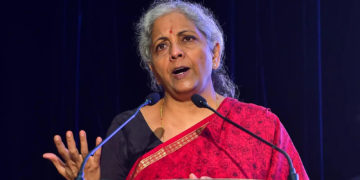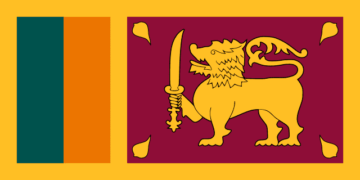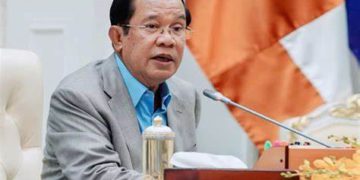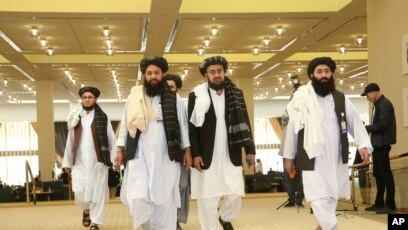The Taliban in Afghanistan faced criticism over their human rights record at a UN meeting, with the U.S. accusing them of systematically violating the rights of women and girls.
The United States, on this Taliban issue , in a set of questions prepared for the UN review, inquired about how the authorities would address abuses against civilians, especially women and girls who are facing systematic deprivation of their human rights. They also emphasized the need to protect the rights of LGBTQ individuals, highlighting increased threats and abuse since the Taliban took control.
Other countries like Britain and Belgium also raised concerns about the Taliban’s treatment of women. A total of 76 countries requested to speak at the meeting.
The Taliban claim to respect rights according to their interpretation of Islamic law. However, since their return to power, the Taliban have prevented most girls from attending high school, barred women from universities, and prevented many Afghan female aid agency staff from working. Additionally, the Taliban have closed beauty salons, banned women from parks, and restricted travel for women without a male guardian.
Under the U.N. system, states’ human rights records are subject to peer review in public meetings of the Geneva-based Human Rights Council, resulting in a series of recommendations.
While non-binding, these can draw scrutiny of policies and add to pressure for reform. The U.N. Human Rights Council, the only intergovernmental global body designed to protect human rights worldwide, can also mandate investigations whose evidence is sometimes used before national and international courts.















































